8 March International Women’s Day celebrates women’s contributions to Government, the Economy, Business, Communities, and raising Families. The UN SDG’s decrees Gender Equality, but where?
Readers Warning: Image of deceased 1st Nation woman.
Let’s unpack the gender inequality throughout Asia, ASEAN nations, and Australia, in steep contrast to the United Nations (UN) Sustainable Development Goals mandate of Gender Equality (5#SDG) by 2023.
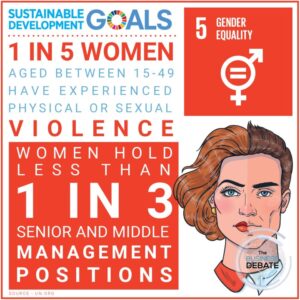
ASEAN is a patriarchal institution:
In 2021, ASEAN countries’ population was 666.19 million. inhabitants, and rising. When you consider the male-female ratio on average is 50/50% across the region, the silence of women in this very important and rising regional ‘voice’, is more than disheartening. The silence is deafening. But, not defeated.
The Association of Southeast Asian Nations (ASEAN) is a trade bloc of 11 member states: Brunei, Cambodia, Indonesia, Lao PDR, Malaysia, Myanmar, the Philippines, Singapore, Thailand, and Vietnam. All the ASEAN Southeast Asia state leaders are men. Will this ever change in our lifetime?
The new ASEAN member in the wings is Timor-Leste. With a population close to 1.37mil, only 20% of women are paid for their labour. (IWDA)
ASEAN GDP in 2022 was US$3.6 trillion with a predicted 4.6% increase in 2024 (IMF) When you consider climate change and the disproportionate impact that it has on women in developing countries, ASEAN regional Government budgets should acknowledge this disparity which hinders their prospects. A report from the United Nations found that women are less likely than men to see their work demands decrease during periods of extreme heat. And the Asian Development Bank reports highlight that due to women’s lower participation in formal labor markets and their prevalence in the informal economy, they often reside in the most economically disadvantaged households.
China:
“Women Hold Up Half the Sky” was an effective propaganda slogan by Mao Zedong, former China Chairman, from 1966 to the time of his death in 1976. It mobalised women into believing that they could now theoretically hold the same opportunities as men. It was effective. The change in women’s roles during the cultural revolution was exciting for women who were being liberated for the first time – from a 5000-year history predominately of concubines, foot binding, child-rearing, and home duties.
However, China’s growing dominance as an aspiring global superpower – with a population of 1.4 billion with 48.9 percent women – there is less than 8 percent of women in senior leadership positions, and only eight women over the past seven decades have been included in the Politburo Standing Committee. The elite Politburo Central Committee of China power has 7 male-only members today- with no intention in the perpetual foreseeable future to change.
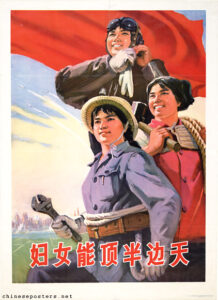
Australia:
Australia, although not officially an ASEAN member state, is an influencing regional participant on the 50th Anniversary of ASEAN’s first Dialogue Relations partner, (since 1974), and the ASEAN Special Summit 2024 in Melbourne.
Remembering 1st Nations women who made history; Bundjalung woman Margaret Williams-Weirin 1959 the first Indigenous person to attend university; Faith Thomas, an Adnyamathanha woman who passed away in 2023, is a role model and legend. After completing her nursing training in 1954, Faith became the first 1st Nation woman cricketer to represent Australia in 1958 as a bowler against England; Dr. Helen Malloy AO in 1983 graduated as the first Indigenous doctor- and many more here+
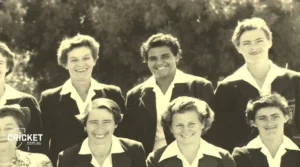
Historically, from the 1800’s colonial days, Australia has a record of strong pioneering women. In 1902, Australia was the first nation in the world to grant women dual rights to vote and stand in federal elections. In 1974, the Commonwealth Court of Conciliation and Arbitration granted women the full adult wage. In 2024, the recent Gender -Gap Pay is a different story.
Circa 2024, while Australia has forged new territory over the past decades of women in Australian Government positions, the private sector is more revealing. 22.3 percent are CEOs and 18 percent are board chairs, where all the economic power is wielded. Albeit, the Reserve Bank of Australia Governor is Michele Bullock, the first female appointment for the role.
Australia is renowned globally as a ‘macho’ country. According to Global Citizen cited reports from IPOS and the Global Institute of Women Leadership Australian men hold some of the most misogynistic views in the Western world, Almost 1 in 4 Australian men think using sexist or misogynistic language online is sometimes acceptable.
Editor note: Bring back metro sexual Males. In short supply – on our Australia Immigration Visa points system. Sadly, not. But please, no contemporary ‘Spornosexuals’.
India:
Madam Indira Gandi was a legend, as the first female Prime Minister of India from 1966 to 1977 and again from 1980 until her assassination in 1984. She instituted the historic Green Revolution, accredited to India’s warehouses overloaded with grain today. She divided Pakistan into two parts in 1971 with a military historically placed battle. This was the first time that more than 90,000 soldiers from one country were forced to surrender before the Indian Army. (Shashi Shekhar)
In 1992 the 74th Amendment to the Indian Constitution brought in 33 per cent reservation for women in village and municipal elections.
In 2023 India’s landmark steps toward gender equality in parliament: with a landmark bill introduced to reserve one-third of seats in Lok Sabha and state assemblies for women. This marks the revival of a bill that has faced 30 years of delay due to a lack of political consensus.
Opposition leader Sonia Gandhi (daughter-in-law of Indira Gandhi), of the Indian National Congress party, called it “ours” – referring to her party’s long-standing demand for its passage – 30 years in the making.
On the 20th of September 2023 the Lok Sabha, which is the Lower House of Parliament, enacted its 128th amendment to the Indian constitution. This was achieved with a supermajority. The following day, the Rajya Sabha, or the Upper House, unanimously approved the same constitutional amendment bill.
With parliamentary elections scheduled for May 2024 and several legislative assembly elections slated to be held before that, the ruling Bharatiya Janata Party (BJP) aims to demonstrate its commitment to the empowerment of ‘nari,’ the Sanskrit term for women, which is formally incorporated in the bill’s name. Therefore, this move is partly intended to secure more support from women voters and potentially secure Prime Minister Modi’s third term in office.






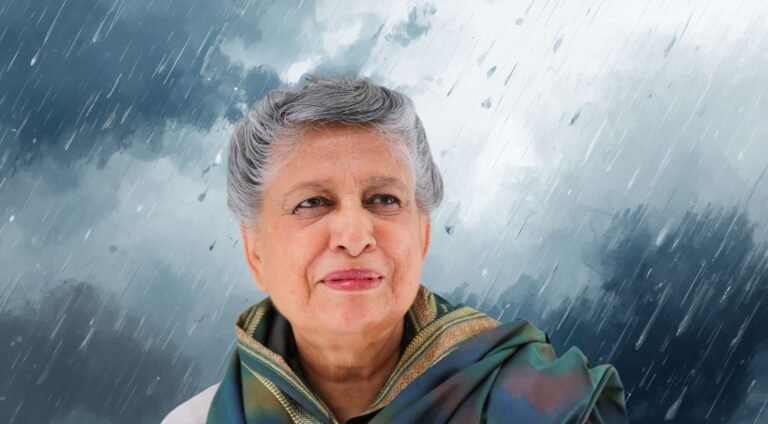
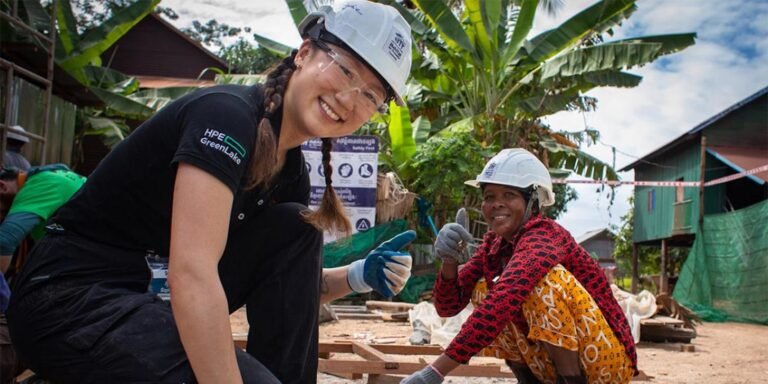





Your point of view caught my eye and was very interesting. Thanks. I have a question for you.
Yes Tai- what is your question?